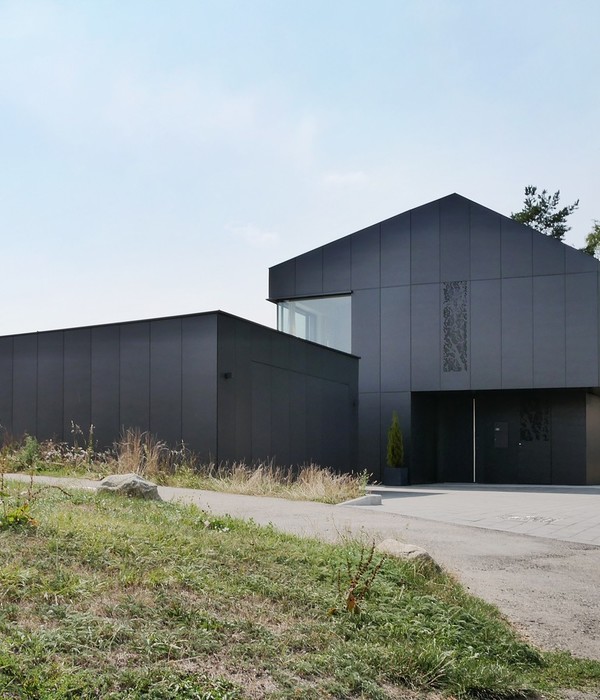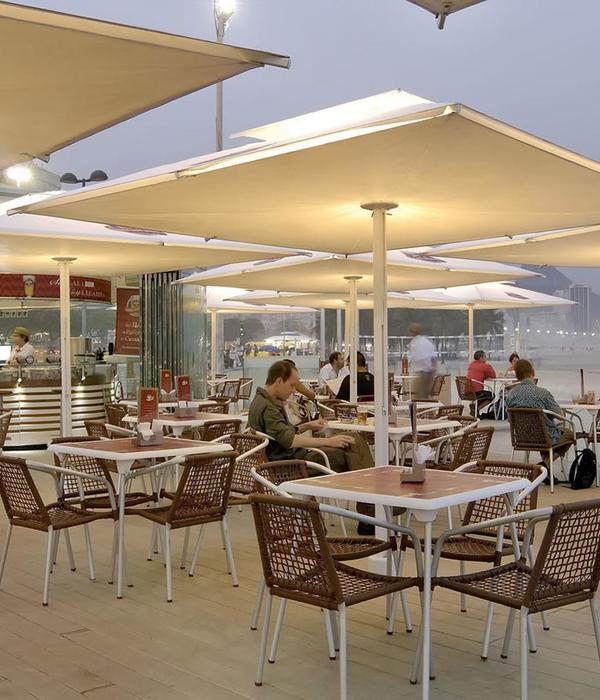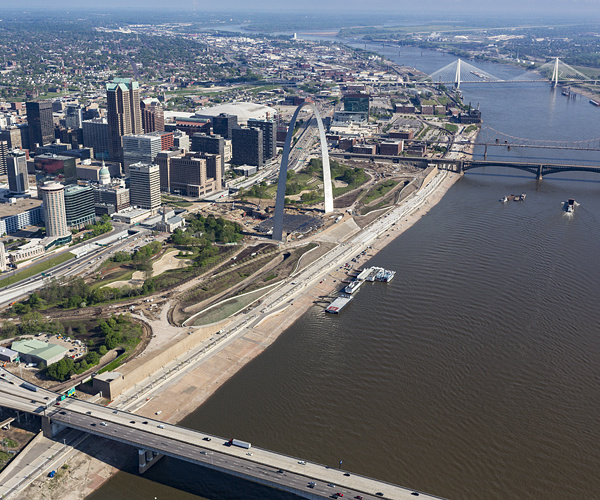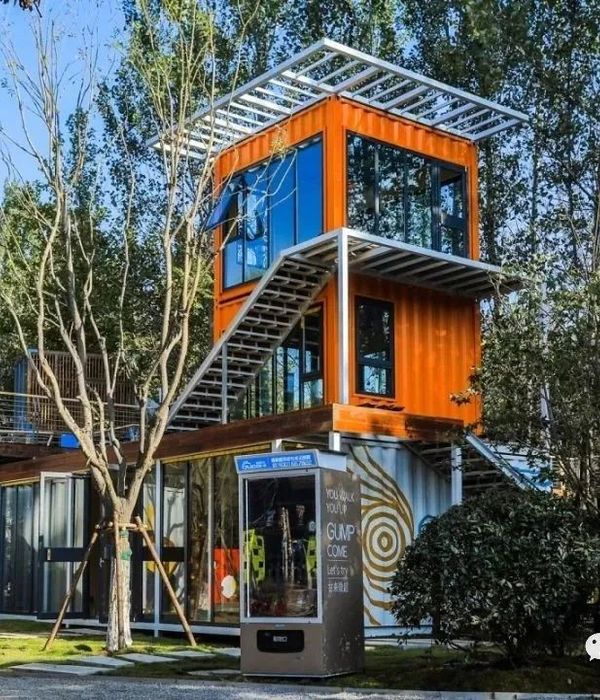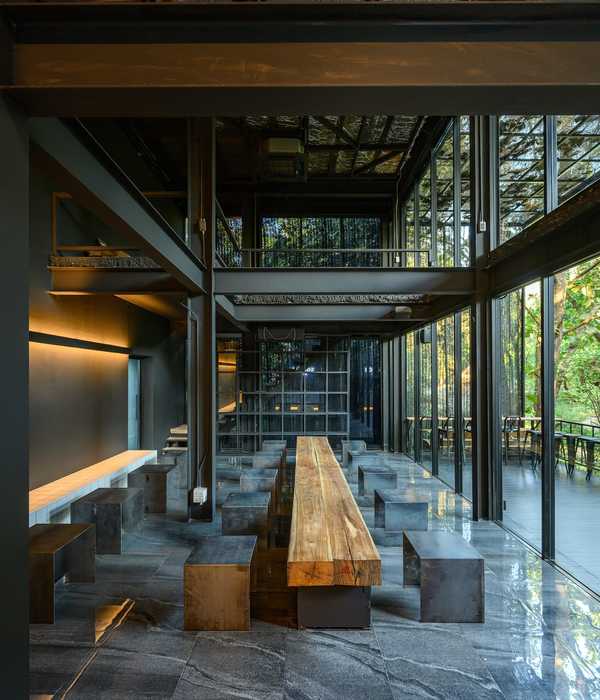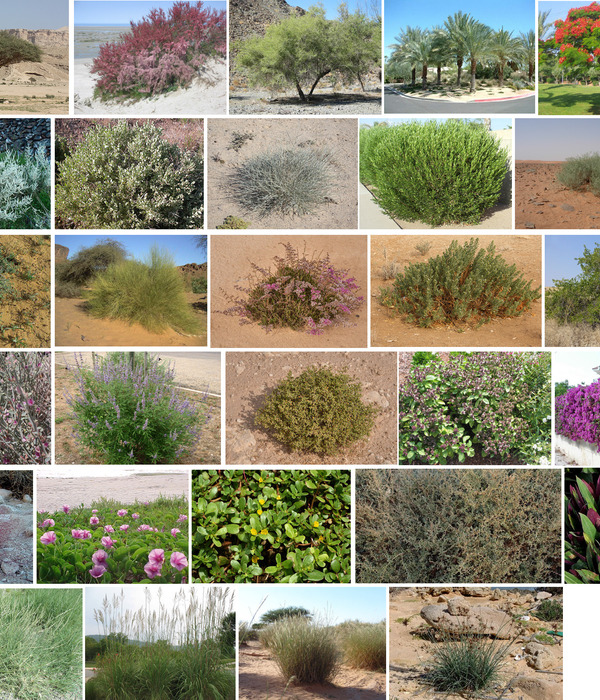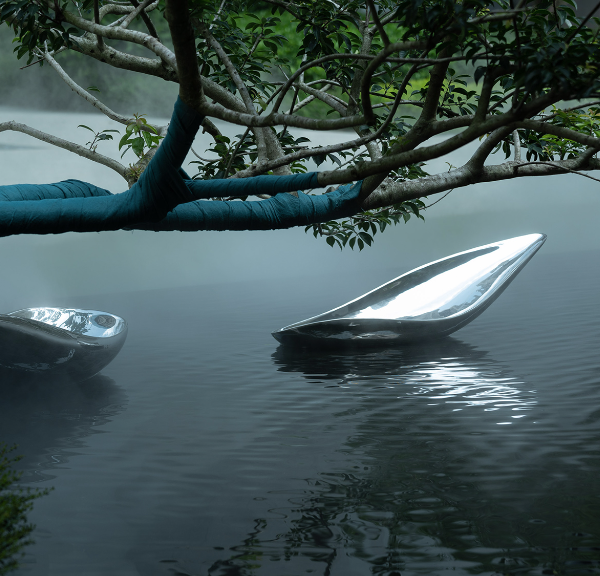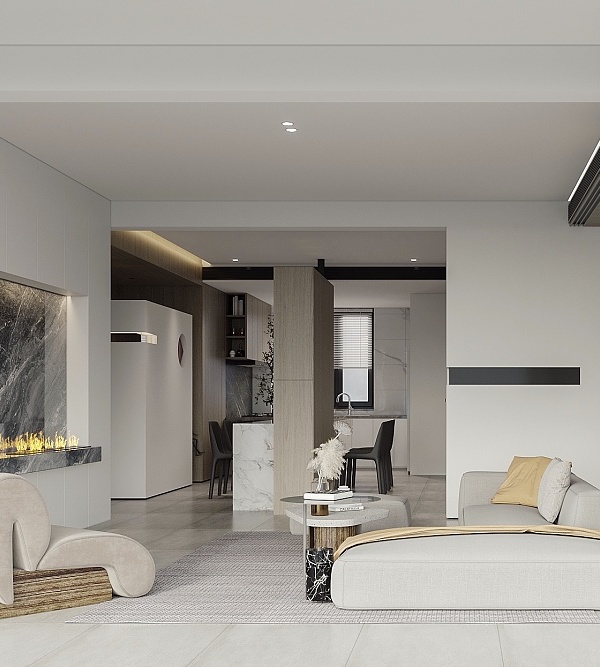本项目通过综合分析与科学评价,进行溧阳乡村旅游公路(溧阳 1 号公路)选线;同时开展了公路沿线绿化改造和重要节点设计。
Through comprehensive analysis and scientific evaluation, the project carried out the route selection of Liyang Rural Tourism Highway (Liyang No. 1 Highway); at the same time, it carried out the greening renovation and important node design along the highway.
▼项目背景 Project background
难点与挑战 Project Difficulties & Challenges
(1)如何选线?溧阳乡村公路网分为省级、县级、乡道等公路交通网络,选择什么样的公路作为旅游公路?同时兼顾交通、旅游功能的融合。(2)建设什么?风景资源丰富但比较分散,为将风景资源变旅游资源,需要配套什么样的旅游设施?同时必须对生态环境产生最少干扰。(3)怎么建设?建设资金有限,如何分梯度控制建设成本,突出重点资源,打造核心旅游兴趣点。
(1)How to select the route? The rural road network in Liyang is divided into provincial, county and country highways. So which can best integrate transportation and tourist functions through designation as a tourist highway?(2)What will be constructed? There are abundant scenic resources in the area, but they are scattered. So while ensuring that the project present a minimal disturbance to the ecological environment, what kind of tourist facilities are best suited for transforming scenic resources into tourist resources?(3) How should it be constructed? With a limited construction budget, how can costs be controlled through the use of a gradient scale so as to highlight key resources and create points centered on core tourist attractions?
理念与策略 Design Strategy & Key Points
通过综合分析与科学评价,进行旅游公路选线
Selecting the tourist highway route through a comprehensive and scientific analysis
基于生态敏感性、土地适宜性、村落位置、旅游资源分布、景观视线、交通可达性、服务设施半径等要素,对原有乡村道路线路和配套设施进行综合分析评估,重新进行旅游公路的科学选线。公路全长 9.6km,以“三山两湖”为中心,串联农田、果林、鱼塘、森林、湿地、水库、茶园等 7 种自然景观风貌,连接 12 个自然村落、21 个乡村旅游点,以象征彩虹的红黄蓝三条道路标识,形成霓虹之上的幸福之路。
Based on factors such as ecological sensitivity, land suitability, the location of surrounding villages, distribution of tourist resources, landscape views, traffic accessibility and the radius of service facilities, a comprehensive analysis and evaluation is carried out. This determines the original route of the rural road and existing supporting facilities. It then scientifically re-determines the tourist road. The highway is 9.6 kilometers long, centering on “three mountains and two lakes” to connect 7 kinds of natural landscapes, such as farmland, fruit forests, fishponds, forests, wetland, reservoirs and tea gardens, and more. It link 32 natural villages and 21 rural tourist sites in Liyang. In addition, the Road to Happiness is symbolized through a neon logo composed of red, yellow and blue roads, representative of the colors of the rainbow.
Scientific Route Selection of Tourist Highway
以服务驿站的分类与营建为重点,构筑“线++ 点”景观模式
Construction of a landscape model composed of “line + point” by focusing on the classification and construction of service stations
景区导向型节点—神女湖驿站场地选址于神女湖的最佳观景点,同时作为幸福之路——天路段的形象标识性节点景观,起到景区导向的作用。驿站占地面积 5181㎡,建筑设计借势营建,布置错落有致;内外空间融合的驿站,能感受与自然的对话关系,成为了游客驻足休闲的绝佳场所。
a. A Scenic-Centered Node—The Fairy Lake Courier Station: This is located at the best spot for observing Fairy Lake. It plays a scenic-centered role as the prototypical landscape node along the Tian Road segment of the Road to Happiness. The courier station covers an area of 5,181m2. Its architectural design is adapted to local conditions. Moreover, the architectural layout is well-proportioned and perfectly integrated into the natural environment. There is a coffee shop that provides visitors with a perfect place to stop and relax.
▼方案推演 Scheme deduction
▼景区导向型节点—神女湖驿站分析图 Scenic-oriented node—Analysis of Shennvhu Station
▼神女湖驿站鸟瞰 Aerial view of Shennvhu Station
▼神女湖驿站入口空间 Entrance space of Shennvhu Station
②文化主题类节点—汨罗坝茶舍:场地选址于瓦屋山和丫髻山之间的链接地带,基地总面积 5100㎡。茶舍的设计,富有中国传统文化韵味,与自然山体、北侧水库水体融为一体。作为历史文化的重要载体,已成为游客欣赏自然风景、阅读诗文的风雅之处。
b. Cultural Theme Node—The Miluo Dam Tea House: Located on the site that links the Wawu and Yayi mountains, it covers a total area of 5,100 m2. Historically, this was an important place for poets to sing and recite poems. The design of the tea house is fully imbued with traditional Chinese cultural charm. It integrates the natural elements of mountains and water. As an important bearer of historical and cultural themes, it has become an elegant place for tourists to appreciate natural scenery and read poetry.
▼文化主题类节点—汨罗坝茶舍 Cultural theme node-Miluoba Tea House
▼文化主题类节点—汨罗坝茶舍鸟瞰 Cultural theme node-a bird’s-eye view of Miluoba Tea House
▼文化主题类节点—汨罗坝茶舍 Cultural theme node-Miluoba Tea House
③服务停靠类节点—塘马汽车营地:场地选址于 1 号公路西侧,紧邻塘马水库,基地总面积 9000㎡。营建满足多类型泊车和多样性休憩需求的房车营地的同时,充分利用塘马地区淳朴民俗、原乡特色与湿地景观资源,再现了“桃园阡陌、原乡滋味”的地域景观。
c. Service and Parking node—The Tangma Automobile Camp: Located on the west side of the No.1 Highway, adjacent to the Tangma Reservoir, it covers a total area of 9,000 m2. This RV camp meets the needs of multiple types of vehicles and different sorts of Parking. It also offers diversified recreation. Wholesome folk customs, original town characteristics, and wetland landscape resources are used to reproduce a regional “peach orchard crossroad landscape.”
▼服务停靠类节点—塘马汽车营地分析图 Service Parking node-Tangma car camp analysis diagram
▼服务停靠类节点—塘马汽车营地 Service Parking node-Tangma car camp
▼塘马汽车营地门头 Tangma car camp gate
(3)绿色低碳技术的应用
①装配式建筑:建筑采用板式预制模块组合和 CLT 组件拆分++ 组装方式,发挥了木构建筑生态、易融合的特点,提升了木构建筑的耐久性和承载抗震性能,提高了建设效率。并采用智能化太阳能采暖通风系统,降低了 2/3 建筑耗能。
Application of green and low-carbon technologies
a. Fabricated construction: Construction adopts the combined use of panel prefabricated modules together with CLT component splitting + assembly. This allows for the full realization of ecological resources as well as the ability of wooden architecture to easily integrate into the natural environment. The use of wooden architecture improves the project’s durability, its seismic performance, and its overall construction efficiency. In addition, the intelligent solar heating and ventilation system is used to reduce the building’s consumption of energy by two thirds.
▼驿站采用现代木结构建筑,提高了建设效率,降低了建筑耗能;The post uses modern wooden structure buildings to improve construction efficiency and reduce building energy consumption;
②材料选用:沿用当地原生石材,以及卵石、竹篱笆等元素,打造乡野气息的淳朴景观;合理利用当地优势品种,降低后期维护成本;补充种植芦苇等水生植物,净化水质的同时提升野趣。
b. Material selection: Firstly, stones native to the local area and other elements such as pebbles and bamboo fences are adopted to create a rustic landscape; Secondly, local material varieties of superior quality are used on the site in a reasonable manner in order to reduce future maintenance costs; Thirdly, aquatic plants, such as reeds, are planted to purify water quality and to enhance the rustic qualities of the site.
选用当地石材、卵石、竹篱笆等元素,打造乡野气息的淳朴景观,降低后期维护成本。local stone, pebbles, bamboo fences and other elements are selected to create a rustic and rustic landscape and reduce subsequent maintenance costs.
③生活污水的生物处理:采用生态过滤系统的专利成果,将污水进行生物池处理,达到景观水的排放标准后,再进行有组织排放至自然水系。
c. Biological treatment of domestic sewage: The patented achievements of ecological filtration systems are used to treat sewage in biological pools, after which they are discharged into the natural water system in a planned manner after reaching adequate standards for landscape water discharge.
成果与效益 Achievements & Benefits
提升游客满意度,拓展旅游公路的内涵:项目希望能提升游客满意度和沿线村民的幸福感,拓展旅游公路的内涵。项目建成后获得了社会的广泛认可,游客数量较往年得到了显著的增长,在此重要路段,也举办了全国自行车邀请赛、江苏省国际马拉松赛、溧阳音乐泼水节等大型活动。
Improve tourist satisfaction and expand the connotation of tourist roads: The project hopes to improve the satisfaction of tourists and the happiness of villagers along the route, and expand the connotation of the tourist road. After the completion of the project, it has been widely recognized by the society, and the number of tourists has increased significantly compared with previous years. In this important section, large-scale events such as the National Bicycle Invitational Race, Jiangsu International Marathon, and Liyang Music Splashing Festival have also been held.
江苏省国际马拉松赛 Jiangsu International Marathon
▼全国自行车邀请赛 National Cycling Invitational
▼溧阳音乐泼水节 Liyang Music Songkran Festival
创造就业岗位,提升农村居民的幸福指数:项目建设推动了乡村旅游、文创产业与农业的多产业融合,从农家乐到乡村游,在一定程度上提升了农村资源的经济和商业价值。
Create jobs and improve the happiness index of rural residents: The construction of the project promotes the multi-industry integration of rural tourism, cultural and creative industries, and agriculture. From farmhouse to rural tourism, it has improved the economic and commercial value of rural resources to a certain extent.
▼创新策略与多元合作机制 Innovation strategy and multiple cooperation mechanisms
通过理念创新、技术与方法创新、实践领域创新,以风景园林与美丽乡村建设,全域旅游发展的结合,一定程度上拓展了风景园林和探索的实践领域。Through concept innovation, technology and method innovation, innovation in the field of practice, the combination of landscape architecture and beautiful rural construction, and the development of global tourism have expanded the field of practice of landscape architecture and exploration to a certain extent.
结语 Concluding remarks
目前,溧阳 1 号公路沿线更多的驿站正在设计及建设中,亦境团队负责设计的大溪水库西北侧的观山片区的观山顶驿站、瓦屋山片区的神女之心驿站、大溪湾饮马滩驿站也即将建设完成……溧阳 1 号公路服务网络也日趋完善。
项目被评为:2019 年度全国“十大最美农村路第一名”。成为网红目的地,被推荐为业内示范项目:成为中国乡村旅游网红目的地,受到社会各界的关注与好评,被推荐为中国丘陵型乡村旅游发展的示范项目。项目在“2019 年度全国十大最美农村路”公众网络评选中斩获第一名的殊荣,受到中央电视台等多家权威媒体的报道宣传,多次接待国家交通运输部、江苏省等政府领导的考察。生态环境保护优先、低影响低强度的建设理念,多学科合作和公众参与的开发政策与过程,最大限度保障村民利益的开发模式,对中国丘陵地区的乡村旅游发展和乡村振兴具有重要的推广与示范意义。
关于您的问题,我需要您提供需要排版和拆分的文本。我会根据您的要求进行处理并返回结果。
More stations along Liyang Highway One are currently under design and construction. The station in Guanshan area northwest of Daxi reservoir, the goddess’s heart station in Wawushan area and Yinmatan station in Daxiwan that designed by EDGING are also expected to be completed… The service network of Liyang Highway 1 is increasingly improved.
The project won first place in the Public Network Selection of "Top 10 Most Beautiful Rural Roads in China in 2019". In addition, it has been reported and publicized by many authoritative media sources, such as CCTV, and has hosted many investigative tours by government leaders, such as by the Ministry of Transport and Jiangsu Provincial Government. It is characterized by the development concept of prioritized ecological environment protection, marked by low impact and low intensity construction. It has followed the development policy and process of interdisciplinary cooperation and public participation, as well as adhered to a policy of guaranteeing villagers’ interests to the maximum extent. The project has great promotional and demonstrative significance for the development of rural tourist development and revitalization in China’s hilly areas.
项目名称:通往瓦屋山的幸福之路—溧阳市乡村旅游公路选线与驿站设计
客户:溧阳交通建设发展有限公司
项目地址:江苏溧阳市
项目设计起止时间:2017.04-2018.01
项目竣工时间:2019.03
项目规模:全长 9.6km,设计总面积 509581m²,其中汨罗坝驿站基地面积 5100m²,塘马驿站基地面积 19300m²,神女湖驿站基地面积 5181m²
设计单位:上海亦境建筑景观有限公司、上海交通大学设计学院风景园林研究所
设计团队成员名单:汤晓敏、王云、蒋锋、战旗、张明明、张洋、杨敏、文前勇、汤志辉、黄舒琳、杨冬彧、桂国华、龚美雄、王楠、尹静一
合作设计:苏州昆仑绿建木结构科技股份有限公司
摄影:高文珏、车保华
Project name: The Wawu Mountain’s Road to Happiness: Route Selection and Station Design of Rural Tourism Road in Liyang City
Customer: Liyang Transportation Construction and Development Co., LTD
Project address: Liyang City, Jiangsu
Project design start and end time: 2017.04-2018.01
Project completion time: 2019.03
Project scale: a total length of 9.6km, a total designed area of 509581m2, of which the base area of Miluoba Station is 5100m2, the area of Tangma Station is 19300m2, and the area of Shennvhu Station is 5181m2
Design unit: Shanghai Edging A&LA CO., Ltd, Institute of Landscape Architecture, School of Design, Shanghai Jiaotong University
List of design team members: Tang Xiaomin, Wang Yun, Jiang Feng, Zhan Qi, Zhang Mingming, Zhang Yang, Yang Min, Wen Qianyong, Tang Zhihui, Huang Shulin, Yang Dongyu, Gui Guohua, Gong Meixiong, Wang Nan, Yin Jingyi
Cooperative design: Suzhou Kunlun Green Building Wood Structure Technology Co., Ltd.
Photography:Gaoo Wenjue, Che Baohua
审稿编辑 王琪 – Maggie
{{item.text_origin}}

